Extensive African theatre programme at Holland Festival 2019
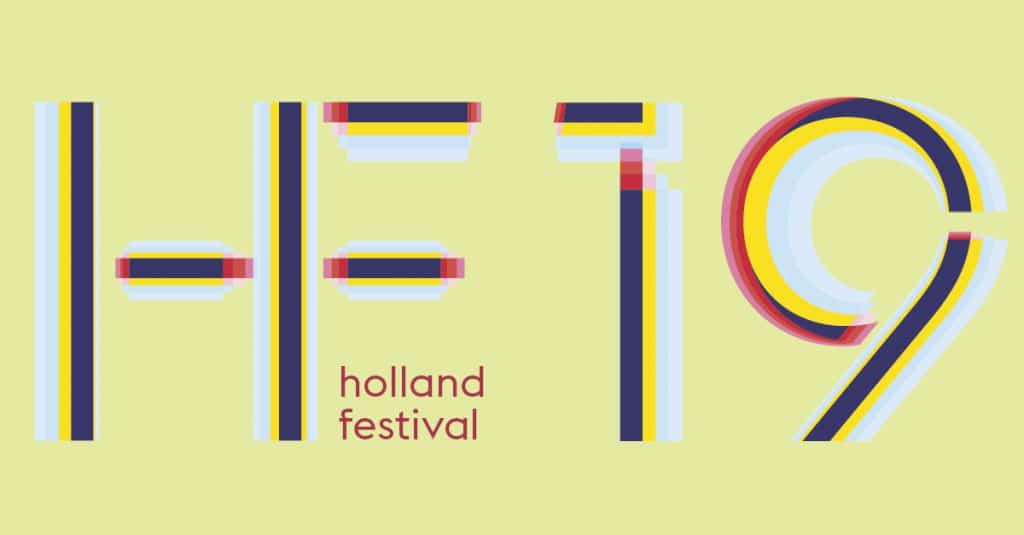
The Holland Festival is the largest international performing arts festival in the Netherlands, and its 72nd edition will take place in Amsterdam in June. The festival features opera, (music) theatre, dance and more from around the world. This year, for the first time, two associate artists are associated with the festival, William Kentridge from South Africa and Faustin Linyekula from Congo. There will be plenty of work from Africa by the two associate artists and artists who inspire them.
Substantial changes in Romanian political landscape after European Parliament elections
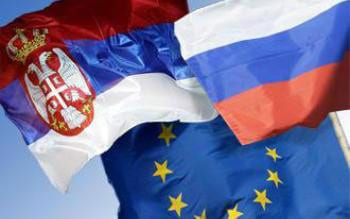
Turnout was high on 26 May, nearly 50 % of Romanians went to vote. The largest coalition partner, PSD, got over 23 % of the vote, about half compared to the previous national parliamentary elections. An alliance of two new pro-Europe and anti-corruption parties came in at nearly 20 %. The liberal party PNL became the largest with nearly 27 %.
Lou looks on at the FMS
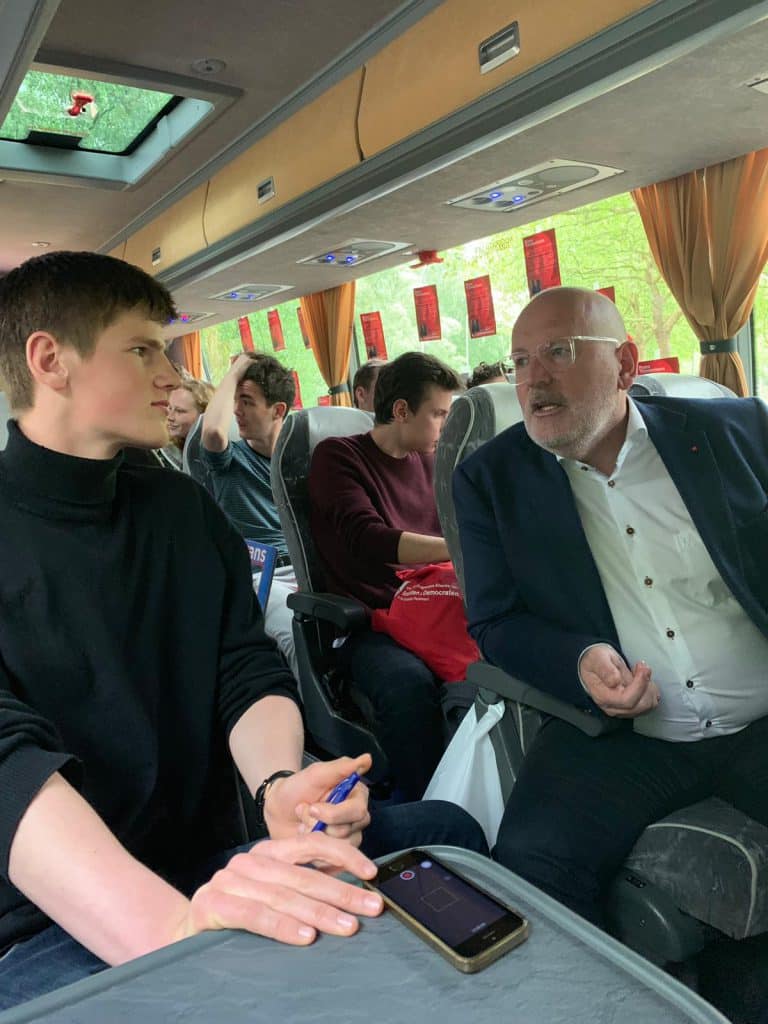
Hello all, my name is Lou Boshart and I am in my fifth year of VWO. For the past two weeks, I have been working at the Foundation Max van der Stoel (FMS) as a snuff intern. After my final exams, I plan to study History in Utrecht, with the plan in the distant future to also do a master's degree in International Relations. My uncle, who works at the UN, advised me to do an internship at an NGO given my interest in international politics. This is how I ended up at FMS.
Sudan: protests, a coup d'état and the role of woman
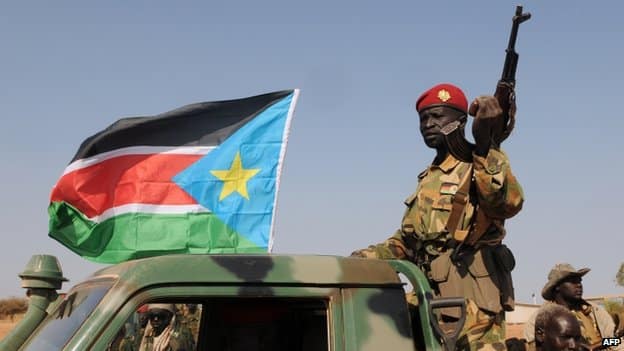
Since December 2018 a rising amount of protests have been taking place in the country of Sudan. This started off as a reaction to the president's decision to raise taxes on food and petrol and a protest against low living standards. This quickly evolved into larger protests against the president and his regime, eventually even resulting in a military coup d'etat last month. Former president Omar al-Bashir was arrested. To this day, protests are still happening and have evolved into a place for the Sudanese people to come together and decide over their own future.
Photo report Future Leaders training
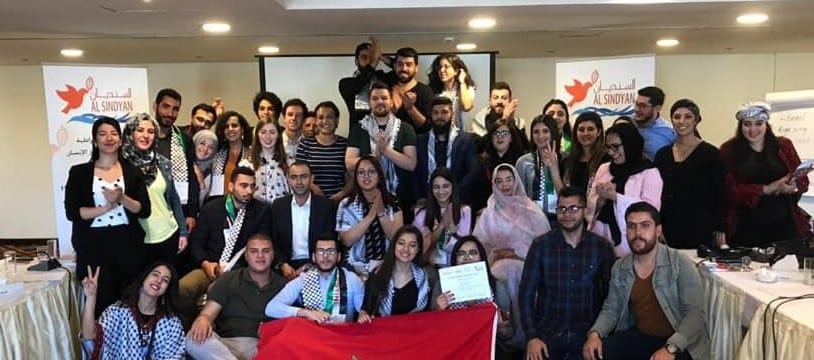
Last weekend marked the start of a new cycle of the Future Leaders project for political activists from the Middle East and North Africa. More than 30 participants from Morocco, Tunisia, the Palestinian Territories, Lebanon and Jordan came to Amman for an intensive 3-day training in social democracy, campaigning, political communication and debating.
Female leadership training in Armenia
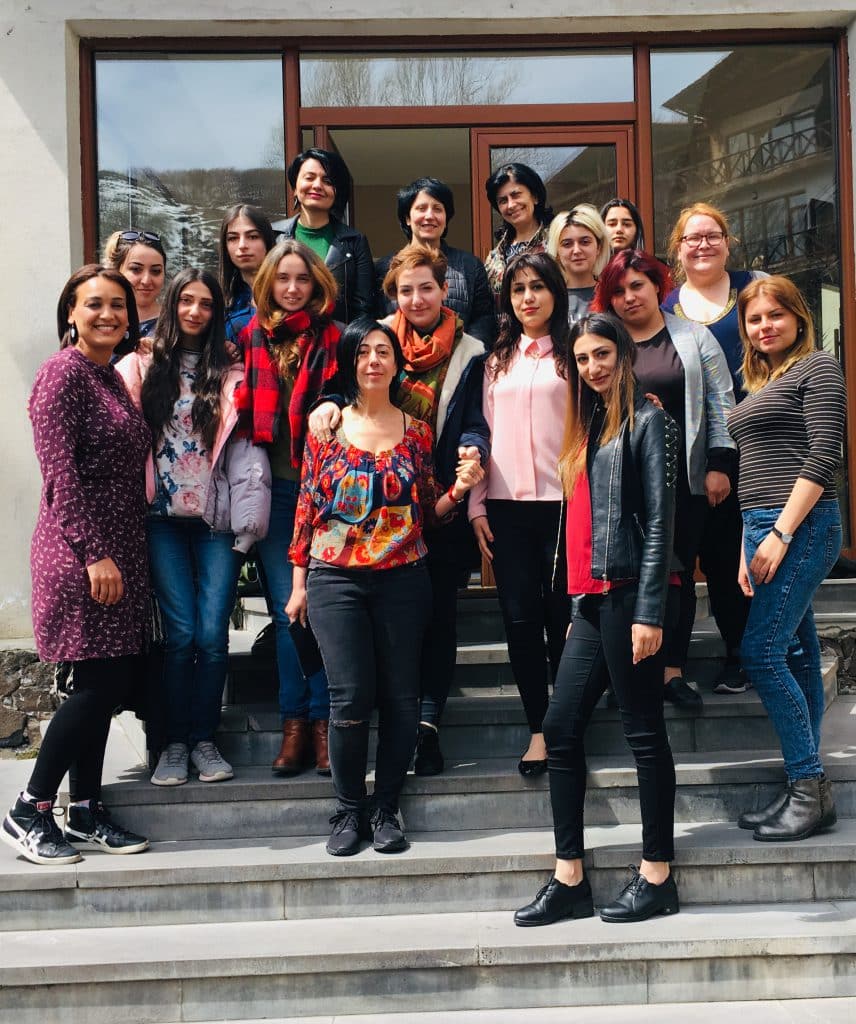
Last week, we organised a training in Armenia, together with Women in Europe for a Common Future (WECF). It is difficult for Armenian women to advance to leadership positions in politics, due to prevailing stereotypes and a relatively conservative society. This training was designed to give a group of talented young women the necessary skills they can use against these obstacles and help each other.
Will you join the FMS team?

We are looking for interns again! Do you have an affinity with international politics and would you like to know what it is really like at a political organisation? Then apply now for one of the three internships we are offering.
Political newcomers: wave of change in Eastern Europe?

For years, we have been talking about the rise of nationalism, conservatism and nativism in Europe. Could it be that a countermovement is now emerging there? A number of new leaders in Central and Eastern Europe may be showing a new trend. Want to know more? Read all about it in the piece by our Eastern Europe expert Marina Ohanjanyan!
Elections in Ukraine: All You Need To Know
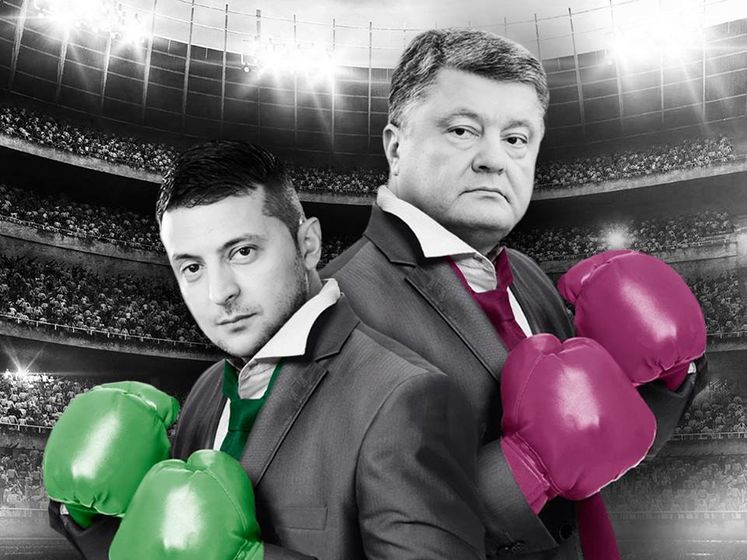
Ukraine is in the midst of an electoral campaign. Volodymyr Zelenskiy and Petro Poroshenko, who received the biggest number of votes in the first round of presidential elections, are actually close to the finish line. However, the electoral campaign becomes more and more interesting. Candidates focus on show and action, sometimes forgetting about their own programmes and ideas.
What is happening in Ukraine, what is this struggle about and who will win - Vitaliy Tysiachnyi, coordinator of the Social Democratic Platform in Ukraine, explains.
Get involved! Women empowerment in Morocco
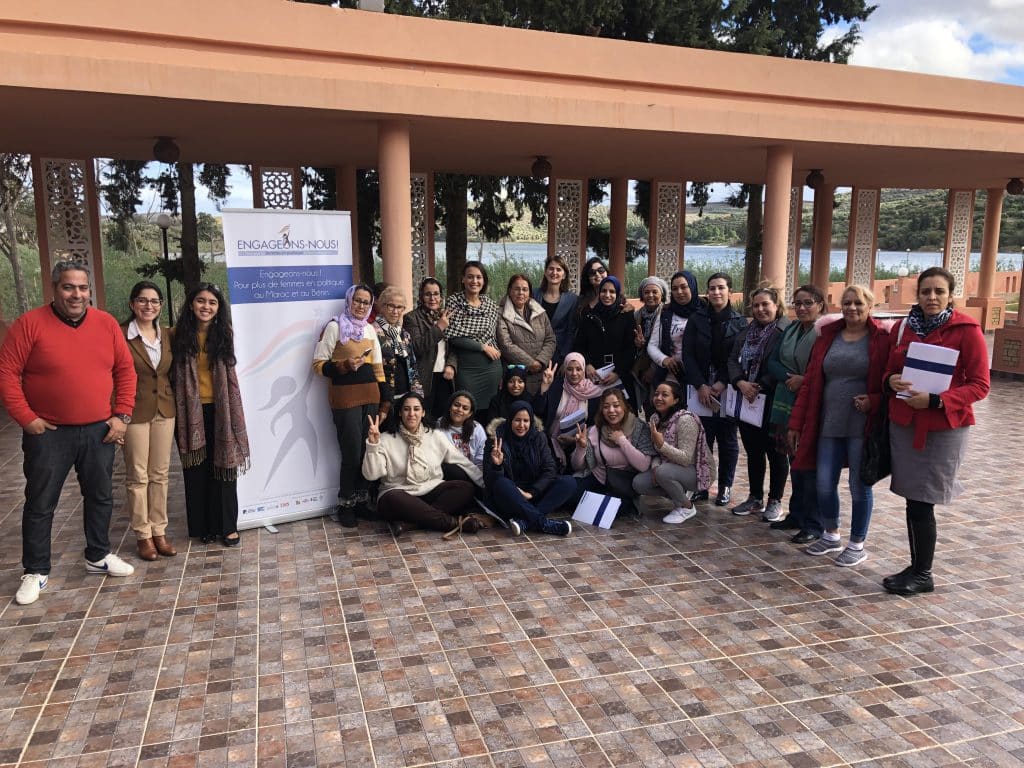
Did you watch any of the election debates during the last Provincial Council elections? Then you must have noticed: lots of men in suits. We currently have only a few female party leaders in the Netherlands. Not only that: women occupy only 46 of the 150 Lower House members, are underrepresented in top positions and are still paid less in the same positions. Fortunately, many projects exist to change this. A well-known example is 'Vote for a Woman', an initiative to promote women's political emancipation and representation. As a result, last election, 42 women were elected with preferential votes. But there is still a world to be won, even though women have been allowed to stand for election for more than 100 years.

